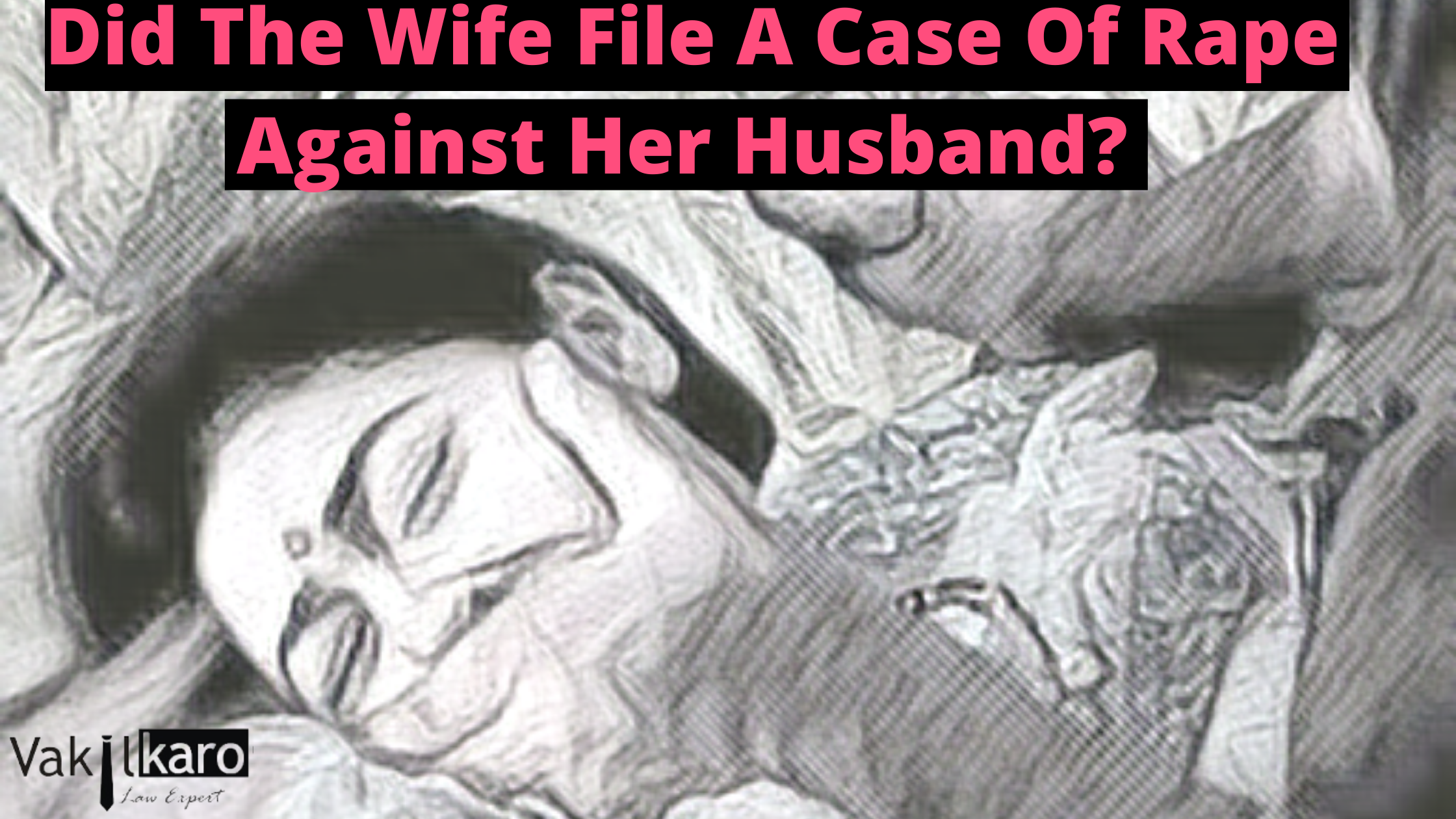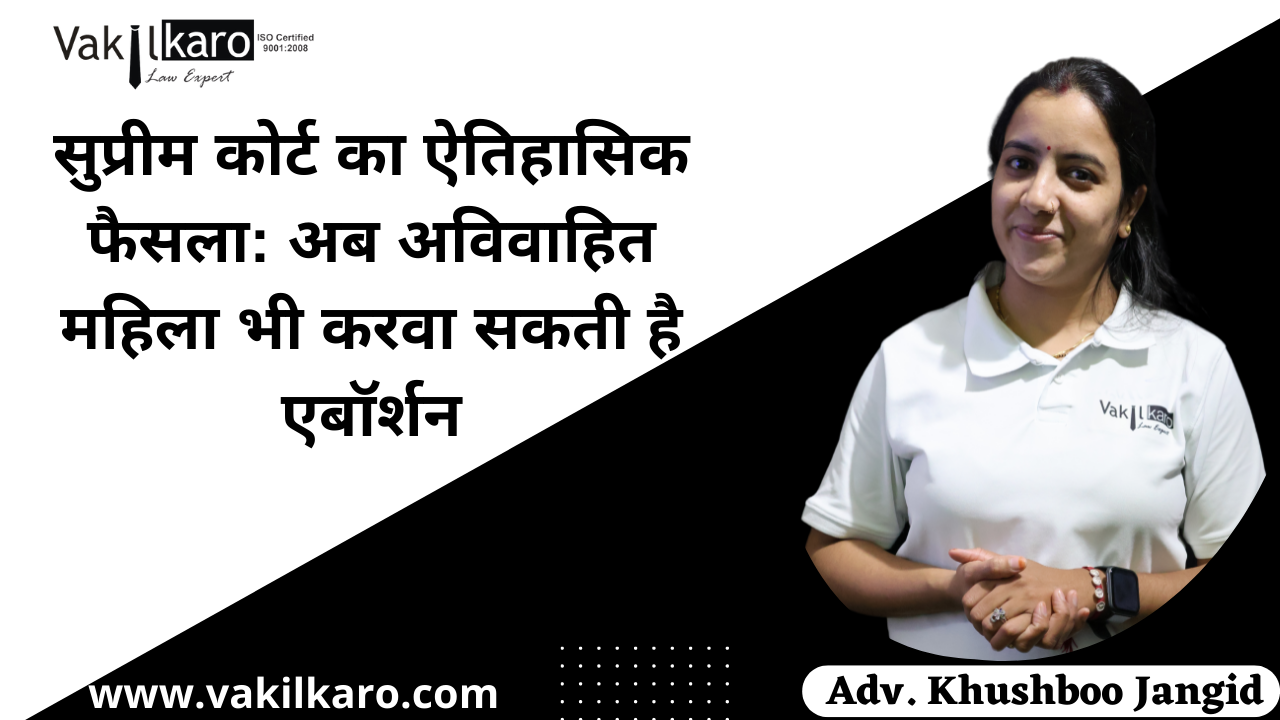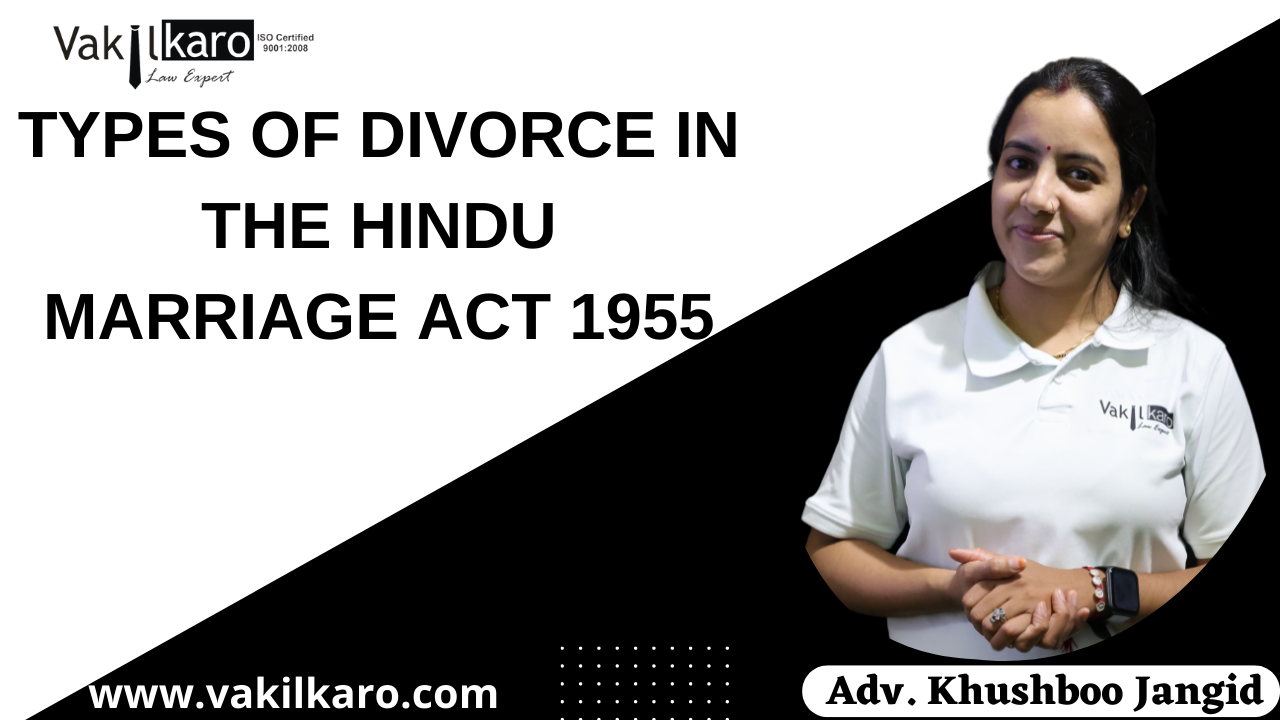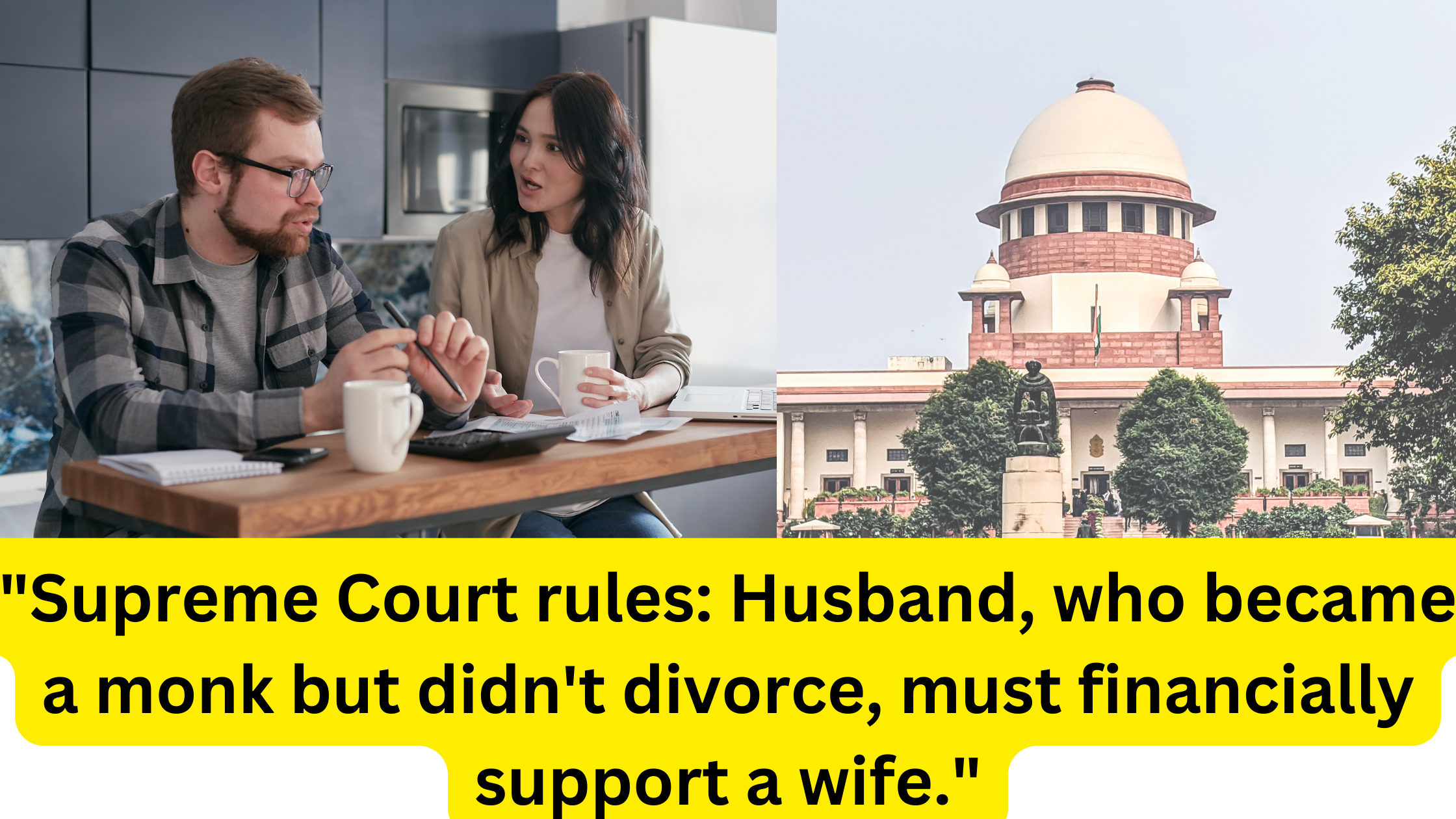OVERVIEW
Divorce/Judicial Separation related provisions in the Hindu Marriage Act 1955 are under one umbrella
According to our Indian religion, marriage is a holy arrangement recognized by society. After performing a ceremony of “Saptapadi,” which means “Saat Phere,” around the sacred fire by the bride and groom, a marriage ceremony is solemnized. There are two forms of marriage in modern India, i.e., arranged marriage and love marriage.
In modern society, everyone can talk openly about divorce and judicial separation. In a general means of judicial separation means, if a person doesn’t want to stay in married life and parties are disturbed from married life, they may request relief under the Hindu Marriage Act,1955.
In India, there are different personal laws for marriage:

According to the Hindu Marriage Act 1955, there are four matrimonial causes:
- Nullity of marriage (section 5)
- Judicial Separation
- Dissolution of marriage
- Restitution of conjugal rights (section 9)
Customary divorce and Divorce recognized under special enactments have been retained.
- Nullity of marriage:
Nullity of marriage means valid marriage is not performed between the parties. In the Hindu marriage act 1955, there are specific grounds on which parties can file an application to declare their marriage null and void.
The ground of Void marriage:
- Section 5(i): In case any of the parties has a living spouse at the time of marriage (Bigamy)
- Section 5(iv): Prohibited decree of relationship
- Section 5(v): Both parties should not belong to sapindas (blood relationship). It allows in the case if the custom or usage governing each of them permits marriage between the parties (Sapinda marriage)
If the parties do not follow the above conditions, then marriage is null and void, and the party can seek a decree for nullity of marriage from the court under section 11.
Voidable Marriage
Voidable means a valid marriage until it has not been declared null by a decree. In a voidable marriage, all marital rights and obligations exist till the marriage is valid. Voidable marriage ultimately depends upon the parties to continue or annul the marriage by a court decree.
The ground of voidable marriage is given under section 12
- The inability of the party to consummate the marriage on account of their impotency
- Respondent's incapacity to consent or his/her suffering from a mental disorder
- Concealment of religion, caste, unchastity, or illegitimacy
- Concealment of pre-marriage pregnancy by the respondent
- Consent of the petitioner being obtained by force or fraud
- Separation

Judicial Separation:
- The Hindu Marriage Act 1955 provides the Judicial Separation for husband and wife under section 10 of those married under the Hindu marriage act 1955.
- Judicial separation means separating from each other under a decree of court or an agreement entered into by the parties.
- Any spouse can claim relief of judicial separation by filing a petition in a District Court.
- After a court decree, spouses are not bound to have cohabitation.
For filing a petition under section 10, it must satisfy these circumstances:
- The marriage between the spouse should be adequately performed under the Hindu Marriage Act 1955.
- The respondent should be residing in the court’s jurisdiction where the petitioner filed the petition.
- The spouse lived together for a particular period before filing the petition.
Divorce: Divorce is a dissolution of marriage in the Hindu Marriage Act, 1955.

- Fault: Under the ground of fault, when one party to the marriage is responsible or liable for the offense under matrimonial offenses, in this situation, marriage can be ended. This ground is only for innocent spouses. If both the spouses are at fault, no one can seek this divorce remedy.
Fault grounds are mentioned under the Hindu marriage act 1955, section 13(1):
A total of nine grounds are discussed under section 13(1):
- Section 13(1)(i): Adultery
In India, adultery is considered one of the most critical grounds for seeking a divorce. It means when a married person with concealment or voluntarily intercourse with another person, married or unmarried, of the opposite sex.
Case: Joseph Shine Vs. Union of India 2017
After this case, adultery can be a ground for civil wrong, a ground for divorce but not a criminal offense under section 497 of IPC 1860.
- Section 13(1) (i-a): Cruelty
The word cruelty means when the spouse treats the partner with mental or physical pain after the marriage. When the one spouse beats or causes any bodily injury to the other spouse, humiliates the spouse in front of their family or friends, or makes false allegations against any spouse, the continuous demand for money gives mental cruelty to the ill-treatment of a spouse. Proving mental cruelty is a bit difficult as compared to physical cruelty.
- Section 13(1) (i-b): Desertion
In case of desertion, the following conditions must be satisfied:
If the spouse left the other spouse for any reason without informing for a period not less than two years before filing the divorce petition by another spouse. Any spouse must be deserted without the reasonable cause, consent, or wish of others.
- Section 13(1)(ii): Conversion/Apostasy
Under the Hindu Marriage Act, if a spouse is converted to their religion from Hindu to a non-Hindu like Parsis, Islam, Christianity, and ceases to be a Hindu, they may seek Divorce. If a person is converted into Sikhism, Jain, or Buddhism, it is not considered a religious conversion because Sikhism, Jain, and Buddhism by religion may be Hindu.
- Section 13(1)(iii): Insanity
When a person is of unsound mind or suffering from mental illness, it is considered a valid ground for Divorce. If any of the spouses has been experiencing consistently or irregularly mental trauma, it also comes under the ground of Insanity.
- Section 13(1)(iv): Leprosy
Leprosy is a disease related to mucous membranes, skin, nervous system, etc. this disease is also transmitted from one person to another.
- Section 13(1)(v): Vernal disease
Vernal disease means it can be transmitted from one spouse to another spouse. It is also a valid ground for filing a divorce petition.
- Section 13(1)(vi): Renounced the world
The word “Renounced” means “SANNYASA.” Renunciation from the world represents a person walking on the path of God.
- Section 13(1)(vii): Civil death/ Presumed death
In Case
- Any spouse is not found for seven or more years.
- Not heard from their relatives or any other person for seven or more years
- In that situation, other spouses can seek a remedy for judicial separation.
Irretrievable breakdown: This means both spouses cannot live together again due to the failure of the marital relationship.
- Mutual consent:
- According to section 13(B) of the Hindu marriage act 1955, mutual consent can dissolve the marriage.
- Husband and Wife can jointly present an application for Divorce based on mutual consent.
- When husband and wife lived separately for more than one year.
- When they are incapable of living together.
Customary Divorce: according to section 29(2) of the Hindu marriage act 1955, it does not affect any right recognized by any other custom or conferred by any particular enactment to obtain a dissolution of Hindu marriage, whether solemnized before or after the commencement of this act.
Restitution of Conjugal Rights:
It is defined under section 9 of the Hindu Marriage Act, 1955. There are some essential ingredients to fulfill the condition of section 9:
- the spouse must not be staying together.
- When either the husband or the wife has, without reasonable excuse, withdrawn from the society, the aggrieved party may file a petition for restitution of Conjugal rights.
To read this article in Hindi- Divorce
We hope you liked our written blogs. You can also read blogs on other legal topics available on our website. You can view our services by visiting our website. If you want a a divorce lawyer, You may contact us via mail at help@vakilkaro.co.in or call us at +91 9828123489 to resolve any legal problem.
VakilKaro is a Best Legal Services Providers Company, which provides Civil, Criminal & Corporate Laws Services and Registration Services like Private Limited Company Registration, LLP Registration, Nidhi Company Registration, Microfinance Company Registration, Section 8 Company Registration, NBFC Registration, Trademark Registration, 80G & 12A Registration, Niti Aayog Registration, FSSAI Registration, and other related Legal Services.

 +91 9828123489
+91 9828123489 +91 9828123489
+91 9828123489 help@vakilkaro.co.in
help@vakilkaro.co.in







.png)







.jpg)
.jpg)
.png)


.png)
.jpg)
 +91 9828123489
+91 9828123489 help@vakilkaro.co.in
help@vakilkaro.co.in